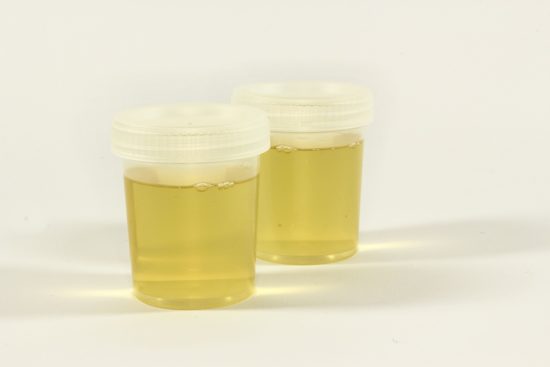Urine fertilizer: ‘Aging’ effectively protects against transfer of antibiotic resistance
Recycled and aged human urine can be used as a fertilizer with low risks of transferring antibiotic resistant DNA to the environment, according to new research from the University of Michigan.
It’s a key finding in efforts to identify more sustainable alternatives to widely used fertilizers that contribute to water pollution. Their high levels of nitrogen and phosphorus can spur the growth of algae, which can threaten our sources of drinking water.
Urine contains nitrogen, phosphorus and potassium — key nutrients that plants need to grow. Today, municipal treatment systems don’t totally remove these nutrients from wastewater before it’s released into rivers and streams. At the same time, manufacturing synthetic fertilizer is expensive and energy intensive.
AMR NEWS
Your Biweekly Source for Global AMR Insights!
Stay informed with the essential newsletter that brings together all the latest One Health news on antimicrobial resistance. Delivered straight to your inbox every two weeks, AMR NEWS provides a curated selection of international insights, key publications, and the latest updates in the fight against AMR.
Don’t miss out on staying ahead in the global AMR movement—subscribe now!







